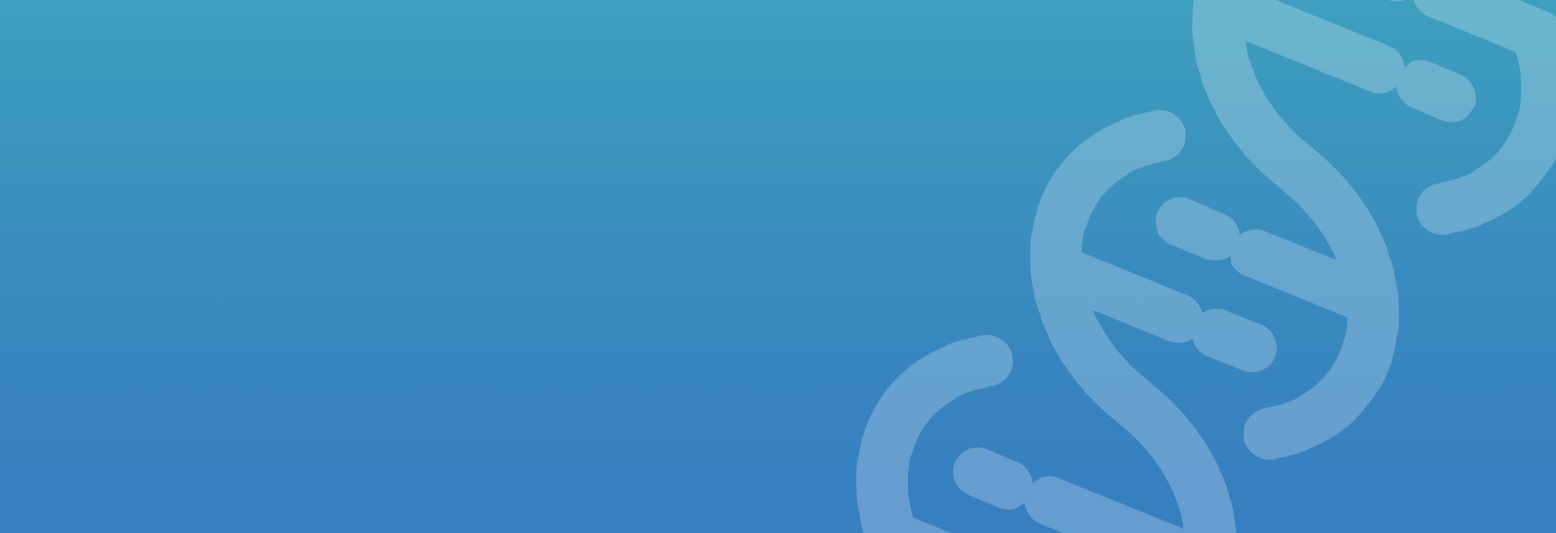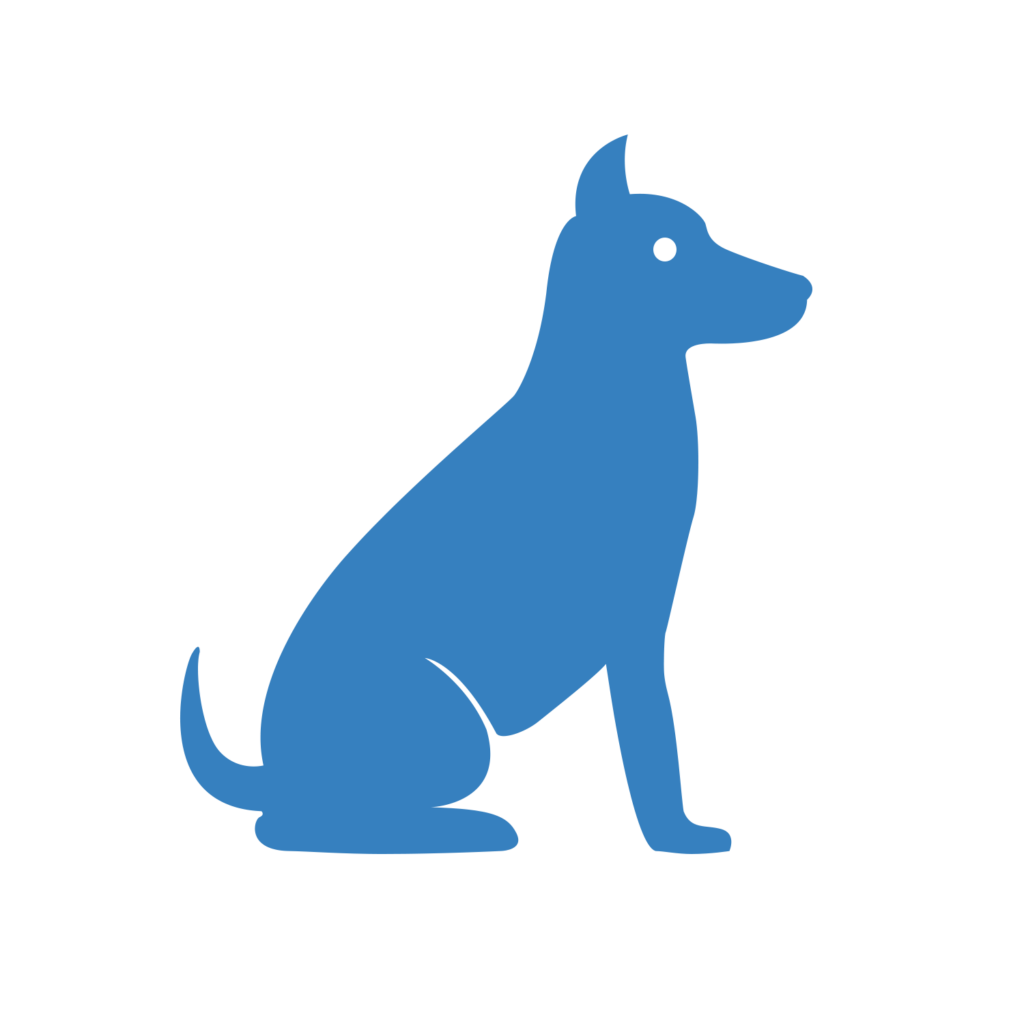

Ichthyosis Golden Retriever Type
Turnaround: 3-5 business daysTurnaround: 7-10 business days
Price: $45.00Price: £40.00
Breeds: Australian Golden Doodle, Goldadoodlier, Goldador, Goldador Doodle, Goldalier, Golden Mountain Dog, Golden Retriever, Goldendoodle, Miniature Golden Retriever, Miniature Goldendoodle
Description
Ichthyosis is an autosomal recessive genetic mutation that affects the skin of Golden Retrievers. Autosomal recessive genetic mutations are mutations that can be passed from either parent and require two copies of the gene to show symptoms. The mutation prevents the outer layer of the epidermis from forming properly, resulting in skin that becomes darkened and thick with excessive flaking.
The name "Ichthyosis" is derived from the Greek word for fish. This describes the skin's resemblance to fish scales. The most common symptom of ICH-A is excessive flaking of the skin. Other symptoms include areas of hardened skin and hyperpigmentation, which may make the skin appear dirty or blackened. Symptoms can be mild or severe. Evidence of the disease may be detected when the dog is still a puppy, but symptoms may take a year or more to develop. Additionally, symptoms can improve or worsen, depending on stress and hormonal cycles.
Ichthyosis is generally not dangerous to a dog's health, but can be unsightly and uncomfortable for the dog. ICH-A is frequently related to other health issues such as yeast overgrowth and fungal infections. A dog diagnosed with ICH-A will usually require more care with special shampoos and treatments.
ICH-A is unfortunately quite common in Golden Retrievers, but can be identified with a simple DNA test. A dog with ICH-A would need to inherit the mutation from both parents, as the mutation is autosomal recessive. Because ICH is a recessive disorder, a dog must have two copies of the mutation in order for the disease to manifest. This means that a dog can have one copy of the mutation and not experience any signs or symptoms of ICH. This dog would be known as a carrier. The carrier can then pass on either the normal gene or the mutated gene to any offspring. If two carriers are bred, there is a 25% per puppy that they will develop symptoms of ICH.
Possible Results
| Genotype | Description |
|---|---|
| Ich2/Ich2 | Dog has two copies of the mutation associated with Ichthyosis 2. |
| n/Ich2 | Dog has one copy of the mutation associated with Ichthyosis 2. |
| n/n | Dog is clear of the mutation associated with Ichthyosis 2. |
Reference
Tamamoto-Mochizuki C, Banovic F, Bizikova P, Laprais A, Linder KE, Olivry T.
Vet Dermatol. 2016 Aug;27(4):306-e75. doi: 10.1111/vde.12323. Epub 2016 May 30.
PMID: 27237723